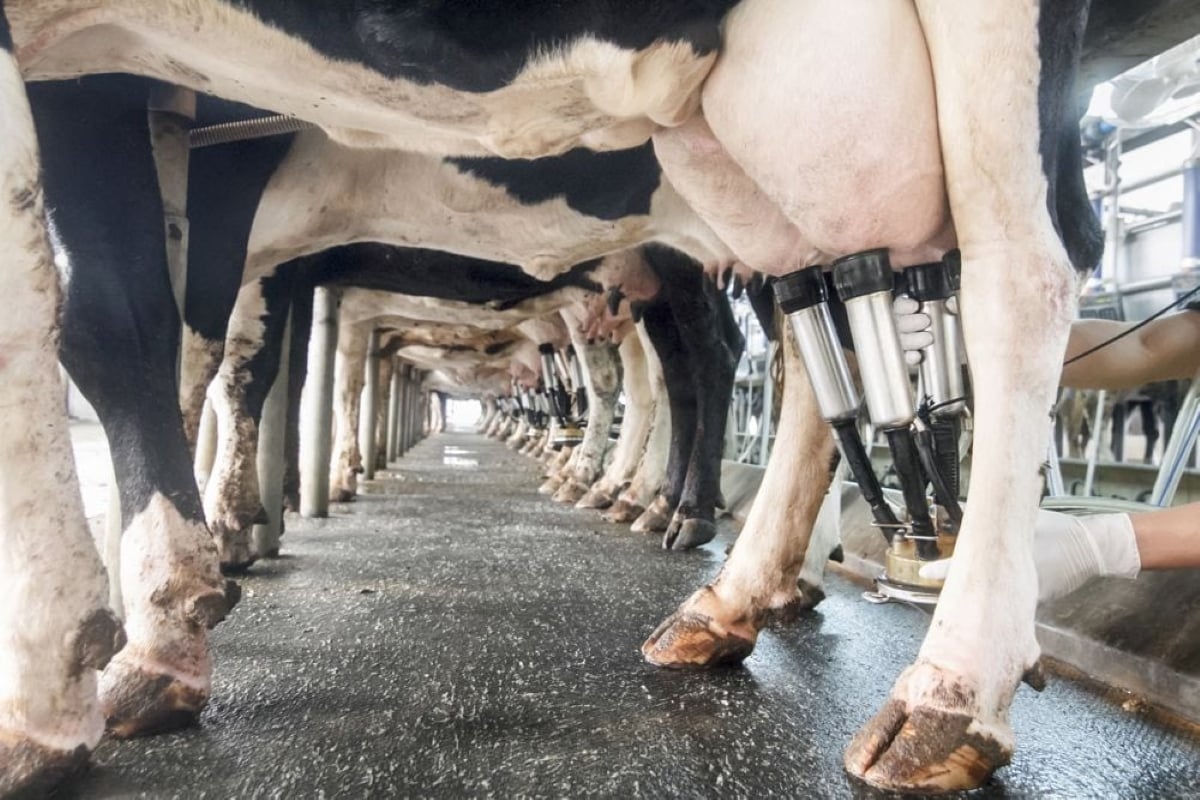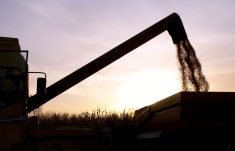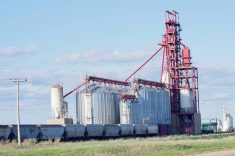Attention Canadian farmers: the eye in the sky is peering down on your land and will soon be able to analyze whether soil is thawed or frozen, wet or dry.
On July 28, Ottawa announced funding for five Canadian universities to analyze and compile satellite data collected by NASA.
The U.S. space agency’s Soil and Moisture Active Passive (SMAP) satellite collects data that measures soil moisture and determines thawing in Canada and other cold weather areas.
The measurements will help produce global maps of soil moisture that allow scientists to better understand how changes in weather and climate affect the Earth’s carbon and water cycles.
Read Also

Farm gate milk price to rise in 2026
The Canadian Dairy Commission will raise its farm gate milk price by 2.3255 per cent in February, the Crown corporation announced on Friday.
The data could also help improve weather forecasting and could result in more accurate predictions of flood and drought conditions.
For Canadian farmers, the analysis of SMAP data could lead to a better understanding of crop yield potential and provide early warnings of soil conditions that are conducive to crop damaging pests and diseases.
The Universite de Sherbroooke, University of Guelph, University of Manitoba, University of Toronto and L’institut National de la Recherche Scientifique (INRS) near Montreal will share $1.4 million in funding.
NASA’a SMAP project involves scientists, governments and universities in Canada and the United States.
The goal is to produce high-resolution global maps of the planet’s soil moisture and freeze-thaw conditions.
The program was launched in January and uses radar and radiometry to assess conditions in the soil’s top five centimetres.
Nineteen scientists at the Canadian universities will work on specific projects that support the SMAP program.
The Canadian research is being completed in collaboration with Agriculture Canada and Environment Canada.
NASA hopes to release its first soil moisture data maps next May, followed by freeze-thaw maps in July.
“We are very excited to receive this funding for the development of applications and improvement of satellite-derived soil moisture products from the SMAP mission over Canada,” said Aaron Berg, a University of Guelph scientist involved the program.
“There are a number of applications of this research of interest to Canadians, including weather and climate forecasting, drought monitoring and flood preparedness.”
brian.cross@producer.com















